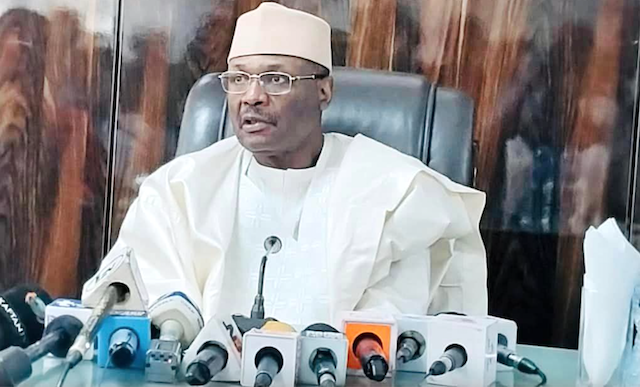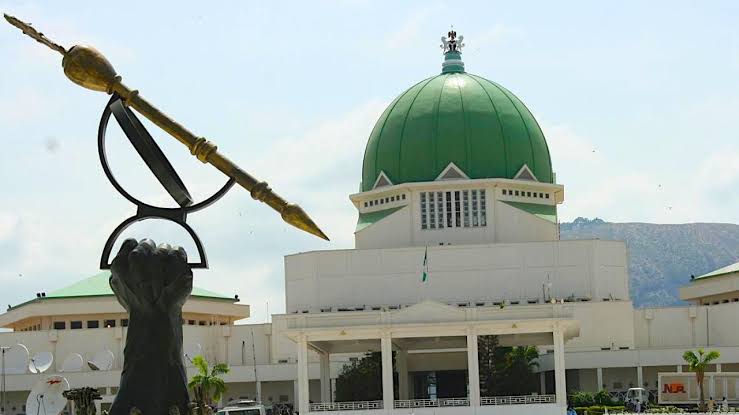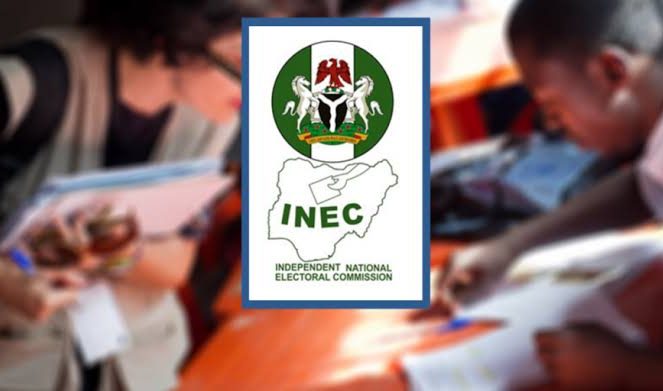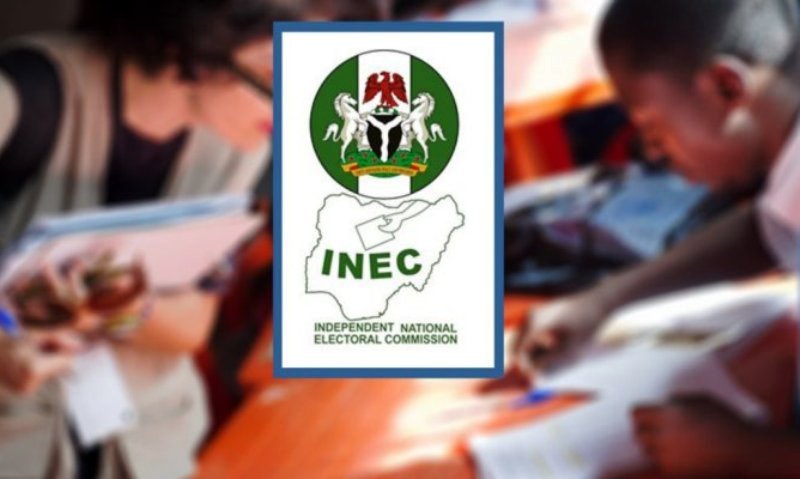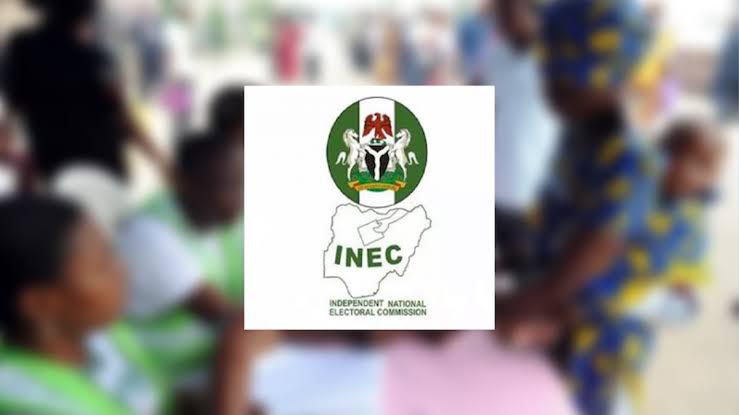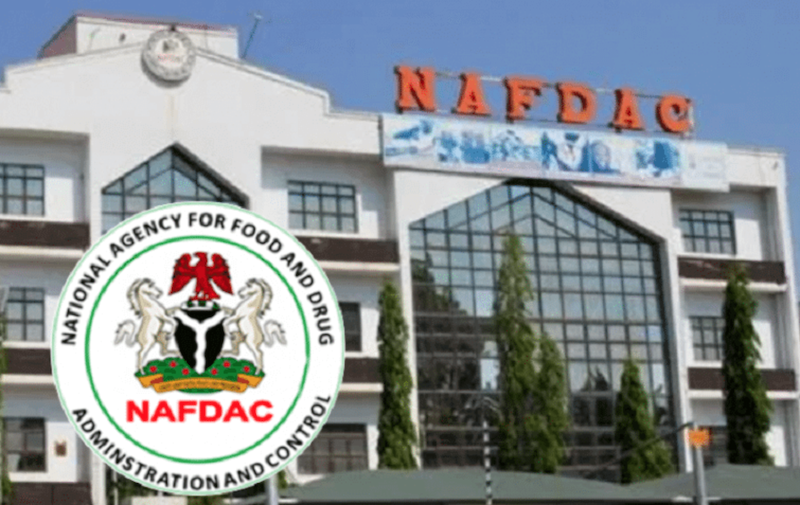The Independent National Electoral Commission (INEC) has described as diabolical the practice of buying delegates by aspirants during primary elections of political parties.
INEC Chairman, Prof. Mahmood Yakubu, said this at the commission’s First Regular Consultative Meeting with Civil Society Organisations (CSOs) in Abuja on Tuesday while urging the CSOs to develop interest in the primaries of political parties.
Yakubu said that all political parties interested in fielding candidates for the November 8 Anambra Governorship election would begin their primaries from March 20 to April 10.
He also advised the CSOs to beam their searchlights on parties’ primary for the FCT area councils election, scheduled for Feb. 21, 2026.
“I would like to urge civil society organisations to be as interested in party primaries as you are actively engaged in the monitoring of secondary elections conducted by INEC,” Yakubu said.
According to him, only candidates nominated by the political parties are placed on the ballot paper for citizens to vote for on election day,” the chairman said.
He said that from the CSOs’ monitoring reports as accredited election observers, they had consistently expressed concerns over vote-buying at polling units during elections.
According to him, some of them have made actionable recommendations on how to curtail the menace, which have been favourably considered by the commission.
“It is time to cast your net wide by focusing on the incidence of delegate-buying by aspirants during primaries. Some delegates openly boasted of how much money they made from aspirants during party primaries.
“You should intensify your advocacy in support of the practical steps taken by the relevant security and law enforcement agencies to tackle this diabolical practice,” he said.
In his remarks, Mr Ezenwa Nwagwu of Partners for Electoral Reforms, assured INEC that the CSOs would monitor activities of politicians and primaries for forthcoming elections.
Nwagwu said that they would also work with relevant stakeholders to address the menace of vote buying in the country.
“The challenge that you have thrown to us is a challenge that we will have to approach from a multi-stakeholder perspective.
“The menace of vote-buying at the general elections, perpetrated by politicians will need the collective effort of not just CSOs but the security agencies and the media.
“We will, as we have already started, to continue to beam searchlights on activities of politicians, their political parties and candidates in any election,” he said.
Nwagwu, however, advised INEC to build on achievements recorded in the Ondo governorship election, in its preparations for the Anambra governorship election.
